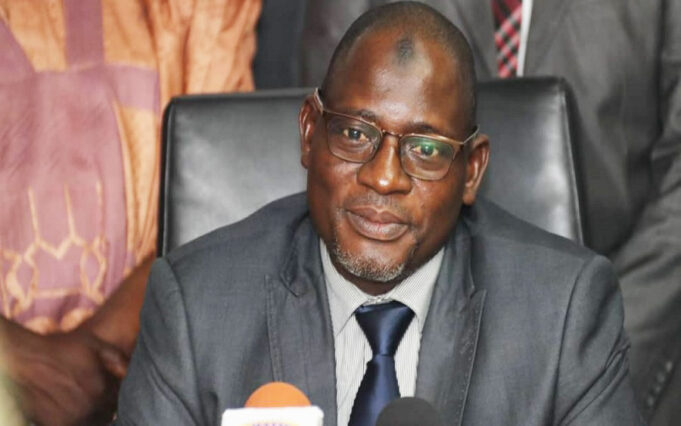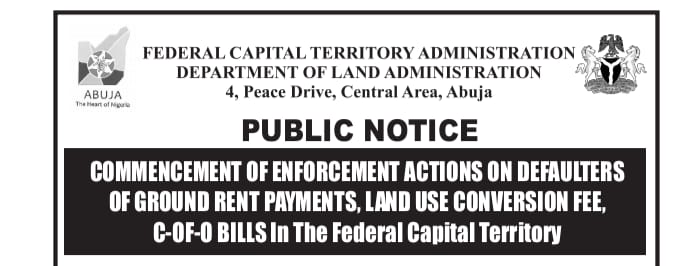To properly determine the accurate computation of Nigeria’s tax-to-GDP ratio, all revenues generated at the national and sub-national levels must be highlighted.
The Executive Chairman of the Federal Inland Revenue Service (FIRS), Muhammad Nami, stated this in his welcome remarks at the “National Symposium On Taxation And Challenges Of External Shocks: Lessons and Policy Options for Nigeria,” on Monday, organised by FIRS in collaboration with the Usmanu Danfodiyo University, Sokoto (UDUS) at the Transcorp Hilton Hotel, Abuja.
“One of the recurring issues in national discourse has been Nigeria’s low tax-to-GDP ratio,” Nami said.
“In as much as the country needs to continually and conscientiously put measures in place to improve such a concern, there is also the need to comprehensively bring all the national and sub-national revenue sources into consideration to properly and appropriately determine the correct and meaningful tax-to-GDP ratio for the country.
“The current basis for its computation, which mostly focuses on the taxes administered at the federal level and leaving out other sources of revenue being generated by the Federal, States and Local governments and their MDAs, does not truly reflect its correct standing.”
Continuing, Nami noted that in order to give the correct state of government revenue and ensure that all government revenue is included in the fiscal accounts and annual statistics, the FIRS will through the Ministry of Finance, Budget and National Planning ensure that all government revenue is included in the accounting for taxes generated, including amounts invested by taxpayers in the country’s road infrastructure as a result of Executive Order 007, tax waivers granted to pioneer companies, import and exercise duties waived through the operations of the Nigeria Customs and all other revenues generated by MDAs on behalf of the Federal, State and Local governments in Nigeria.
He further highlighted that the above measures, when implemented, will align Nigeria with global best practices in reporting public finance and will ensure a more transparent and more accurate picture of the country’s Tax-to-GDP ratio.
The FIRS Executive Chairman also spoke on the importance of the symposium against the continued challenge posed by the Covid-19 pandemic, where new strands of the virus have been discovered and are posing threats to business and commercial activities worldwide.
“The essence of this symposium cannot be overemphasised given the challenges being experienced globally due to the Covid-19 pandemic. With the mutations and vaccine resistant variants being discovered every now and then in some countries, we are yet to be free as the social and economic variables are still unpredictable. Therefore, the theme of this symposium is very timely and relevant as it considers policy options for addressing current and future challenges.
“It will also review the challenges of the informal sector which constitutes about 70% of businesses in Nigeria and the reform options available to bring them into the tax net.”
The Minister of Finance Budget And National Planning, Mrs. Zainab Ahmed, alongside the Minister of State for Budget And National Planning, Prince Clem Agba, the representative of the Secretary to the Government of the Federation, Permanent Secretary Political and Economic Affairs, OSGF, Andrew Adejo; the Etsu Nupe, His Royal Highness, Alhaji Yahaya Abubakar (Rtd), as well as the Elekota of Kota-Ekiti, His Royal Majesty Oba Fagbemi Emmanuel Ojo formally launched the FIRS Contact Centre.
- Tinubu to ministers: Obtain presidential clearance for police escorts - December 10, 2025
- Jigawa: Between Gov Namadi and Persons with Disabilities - December 10, 2025
- Death came for the king’s seven sons, by FUNKE EGBEMODE - December 10, 2025










